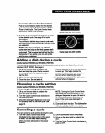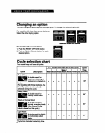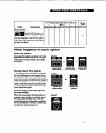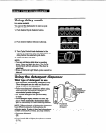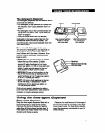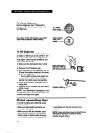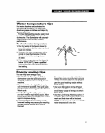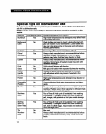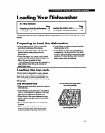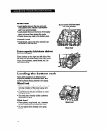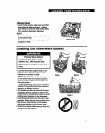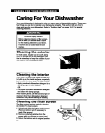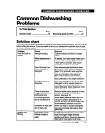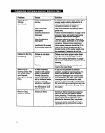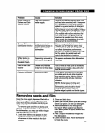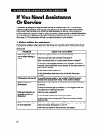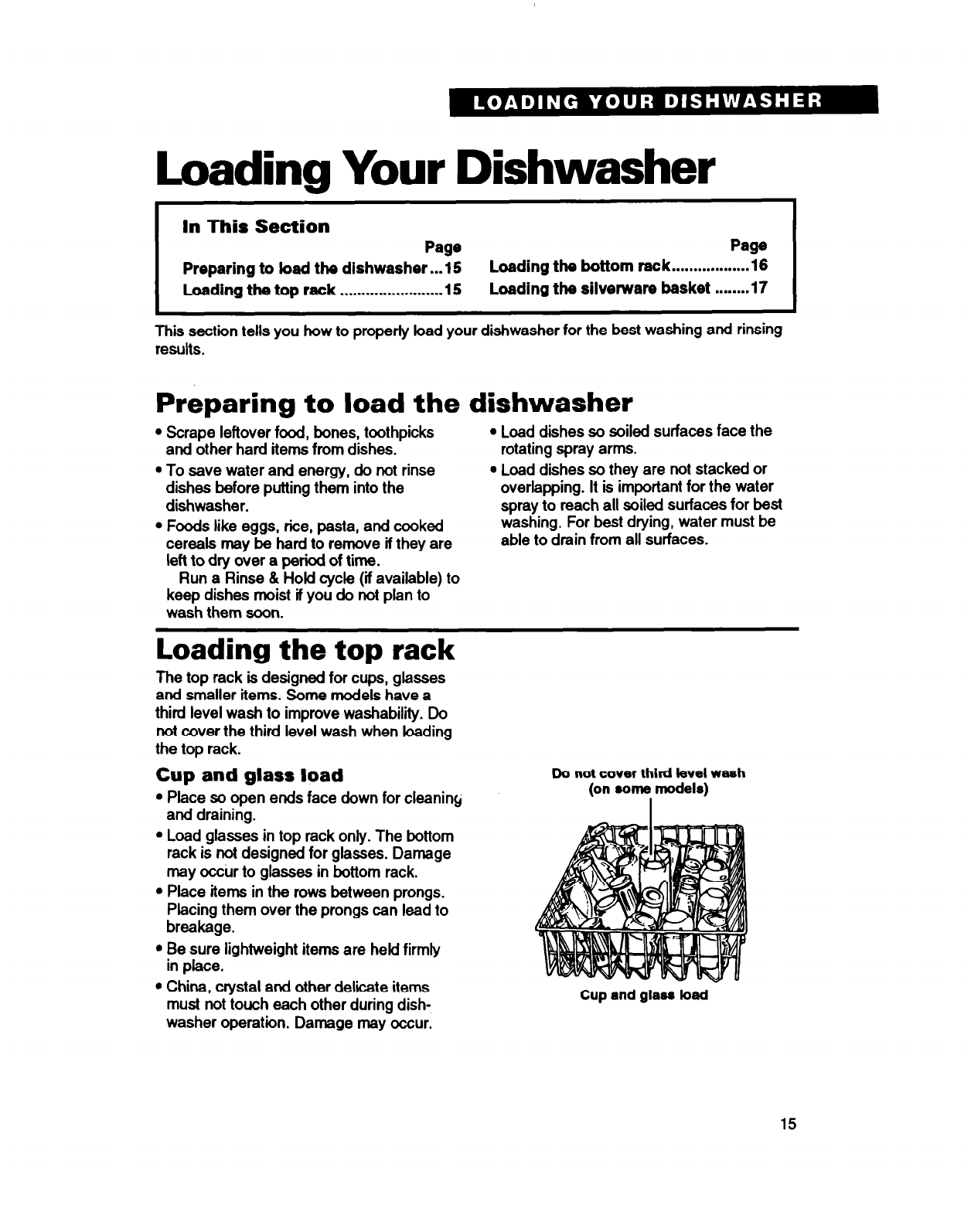
Loading Your Dishwasher
In This Section
Page
Page
Preparing to load the dishwasher . . . 15
Loading the bottom rack . . . . . . . . . . . . . . . . . . 16
Loading the top rack . . . . . . . . . . . . . . . . . . . . . . . . 15
Loading the silvetware basket . . . . . . . . 17
This section tells you how to properly load your dishwasher for the best washing and rinsing
results.
Preparing to load the dishwasher
l
Scrape leftover food, bones, toothpicks
and other hard items from dishes.
l
To save water and energy, do not rinse
dishes before putting them into the
dishwasher.
l
Foods like eggs, rice, pasta, and cooked
cereals may be hard
to remove if
they are
left to dry
over a period
of time.
Run
a
Rinse & Hold cycle (if available) to
keep dishes moist if you do not plan to
wash them soon.
l
Load dishes so soiled surfaces face the
rotating spray arms.
l
Load dishes so they are not stacked or
overlapping. It is important for the water
spray to reach all soiled surfaces for best
washing. For best drying, water must be
able to drain from all surfaces.
Loading the top
rack
The top rack is designed for cups, glasses
and smaller items. Some models have a
third level wash to improve washability. Do
nol cover the third level wash when loading
the top rack.
Cup and glass load
l
Place so open ends face down for cleaning
and draining.
l
Load glasses in top rack only. The bottom
rack is not designed for glasses. Damage
may occur to glasses in bottom rack.
l
Place items in the rows between prongs.
Placing them over the prongs can lead to
breakage.
l
Be sure lightweight items are held firmly
in place.
l
China, crystal and other delicate items
must not touch each other during dish-
washer operation. Damage may occur.
Do
not
cover third level
wash
(on SOIIW
models)
Cup and
glass load
15



